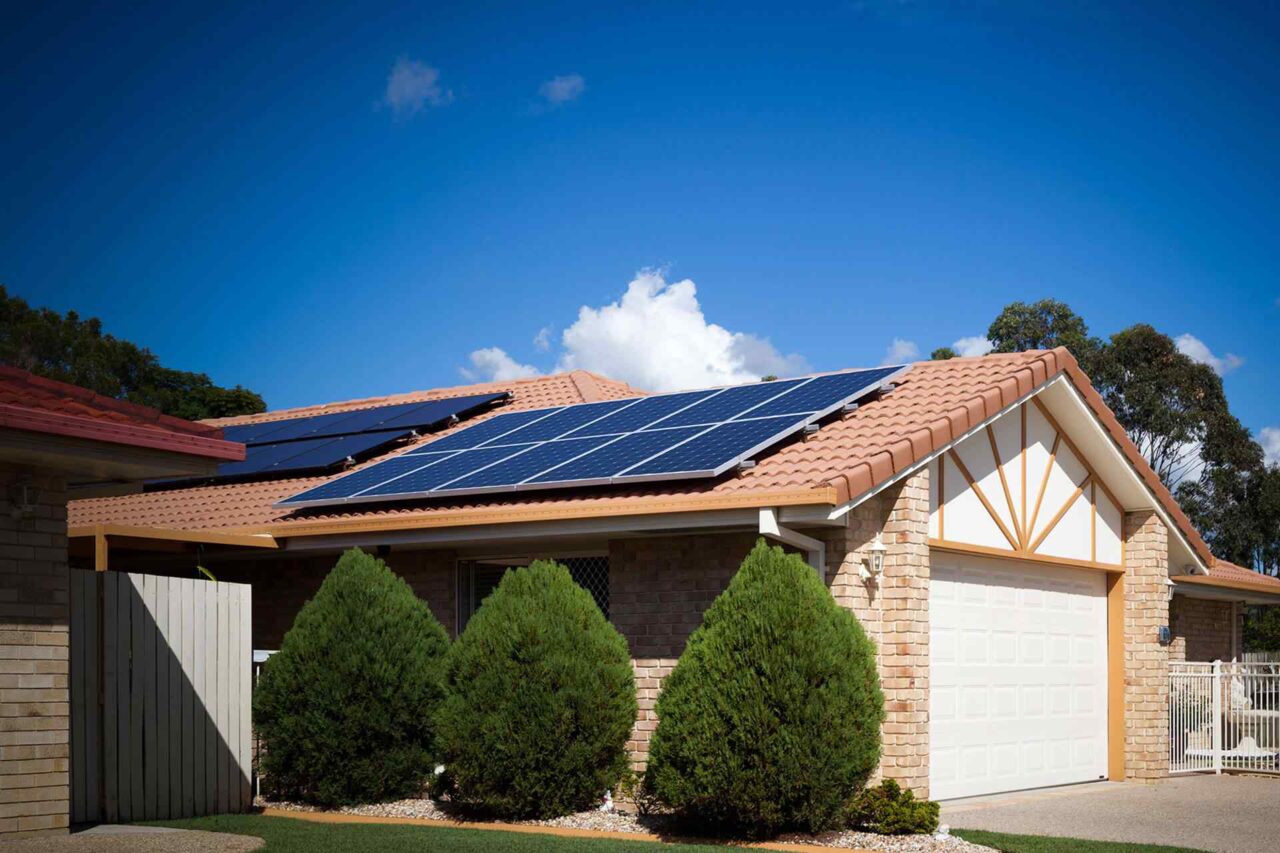Are you considering installing solar panels to power your home? With the increasing popularity and affordability of solar energy, it’s an excellent choice to reduce your carbon footprint while saving on energy costs. However, choosing the right solar panel for your home can be a daunting task, as there are various factors to consider. In this article, we will guide you through the process of selecting the right solar panel based on your energy consumption, brought to you by Inecosun, a trusted provider of solar panel installations.
1. Assess Your Energy Consumption
The first step in choosing the right solar panel is to assess your energy consumption. Take a look at your utility bills over the past year to gather data on your average monthly and annual electricity usage. This information will help you determine the size and capacity of the solar panel system you need. It’s essential to have an accurate understanding of your energy needs to ensure that the solar panel system can meet your requirements.
2. Consider Available Roof Space
Next, consider the available roof space for solar panel installation. The size and efficiency of solar panels vary, and it’s crucial to ensure that your roof can accommodate the panels you want. Measure the available space and take note of any obstructions such as chimneys or skylights that may interfere with the panel layout. Additionally, evaluate the orientation and angle of your roof to determine the panel’s optimal placement for maximum sunlight exposure. A qualified solar panel installation company like Inecosun can assist you in assessing your roof space and designing an efficient layout.
3. Understand Different Types of Solar Panels
There are different types of solar panels available in the market, each with its unique characteristics and performance. The three main types are monocrystalline, polycrystalline, and thin-film solar panels. Understanding their differences can help you make an informed decision.
- Monocrystalline panels: These solar panels are made from a single crystal structure, which makes them highly efficient and space-efficient. They have a dark appearance and perform well in high-temperature conditions. However, they may be slightly more expensive than other options.
- Polycrystalline panels: These solar panels are made from multiple crystal structures, making them more affordable than monocrystalline panels. They have a bluish hue and a slightly lower efficiency rating. Polycrystalline panels are a good choice if you have sufficient roof space but want a more budget-friendly option.
- Thin-film panels: These solar panels are flexible and lightweight, making them suitable for unconventional installations or locations where weight is a concern. However, they generally have lower efficiency compared to crystalline panels and require more significant space.
4. Consider Efficiency and Performance
Solar panel efficiency refers to the ability of the panel to convert sunlight into electricity. Higher efficiency panels generate more electricity with the same amount of sunlight, allowing you to maximize your energy production. However, high-efficiency panels may come at a higher cost. Consider your budget, available roof space, and energy needs when deciding on the level of efficiency you require.
Additionally, consider the panel’s performance under different conditions. Some panels may have better performance in low light or cloudy weather, which can be advantageous if you live in an area with less sunlight. It’s important to choose panels that can consistently perform well in your specific climate and environmental conditions.
5. Evaluate Warranties and Certifications
When selecting a solar panel, pay attention to the warranties and certifications offered by the manufacturer. A reliable solar panel should come with a warranty of at least 25 years. This warranty should cover both the panel’s performance and the overall system. Look for certifications such as the International Electrotechnical Commission (IEC) certification, which ensures that the panels meet specific industry standards for safety and performance.
6. Seek Professional Advice
Choosing the right solar panel and designing a solar panel system that meets your specific energy needs can be complex. It’s highly recommended to seek professional advice from a reputable solar panel installation company like Inecosun. Their team of experts can assess your energy consumption, evaluate your roof space, and guide you through the selection process. They will provide tailored recommendations to help you choose the most suitable solar panel for your home.
In conclusion, choosing the right solar panel for your home based on your energy consumption requires careful consideration of your energy needs, available roof space, and panel specifications. By assessing your energy usage, understanding different solar panel types, considering efficiency and performance, evaluating warranties and certifications, and seeking professional advice, you can make an informed decision. With Inecosun’s expertise and commitment to providing high-quality solar panel installations, you can confidently transition to clean, renewable energy and enjoy the long-term benefits of solar power. Contact Inecosun today to begin your journey towards a sustainable and energy-efficient home.

